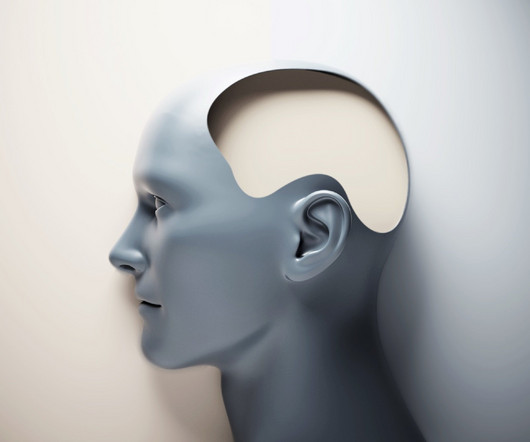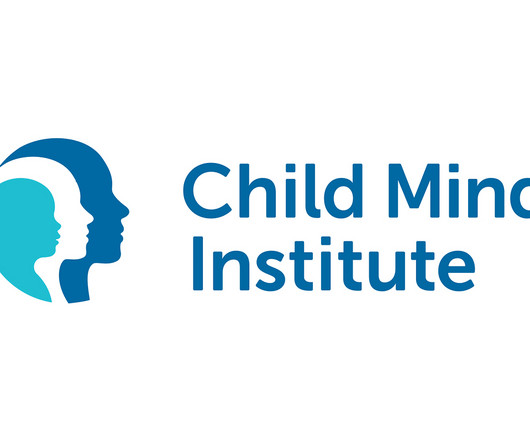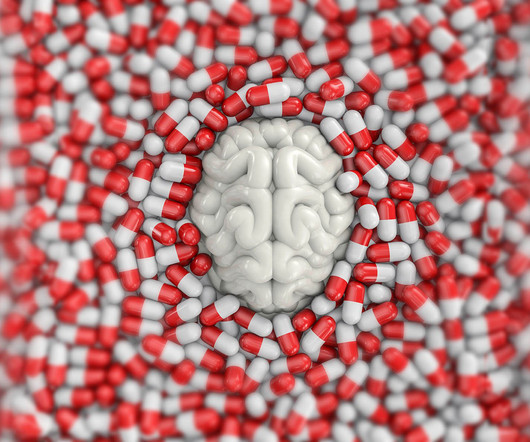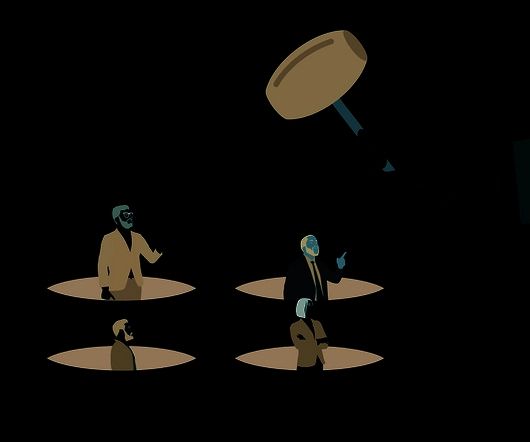Self Stolen: How ECT Fried My Brain
Mad in America
DECEMBER 29, 2023
A traumatic brain injury in 2002 didn’t help anything. I tried going back to school after the brain injury, but between the bipolar disorder and the head trauma, I couldn’t handle the stress and pressure anymore. I was in ICU for 11 days, and on a ventilator for four of those days. So to back way up, as a kid I was brilliant.



















Let's personalize your content